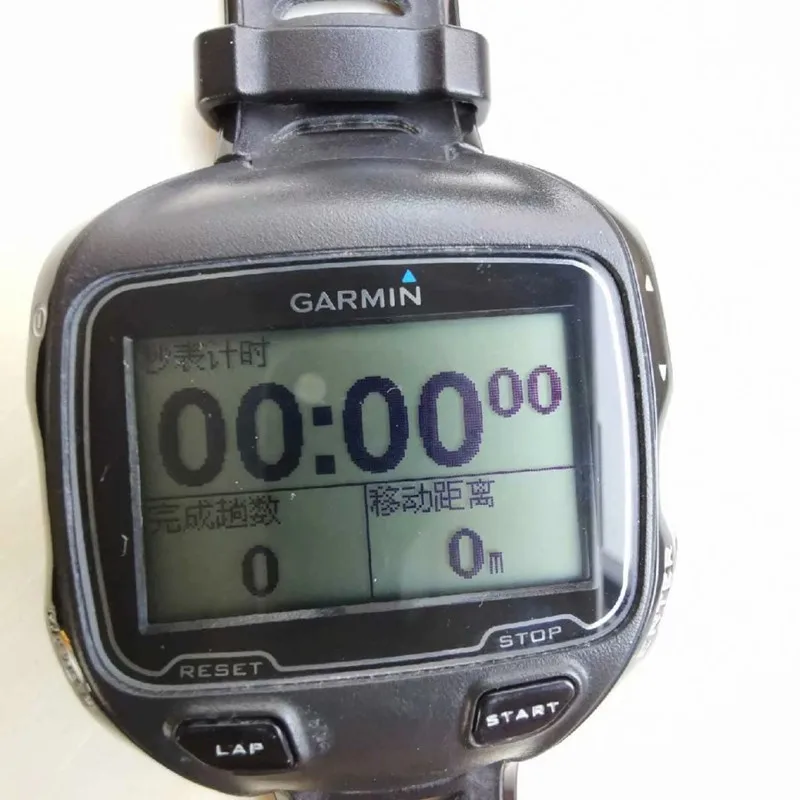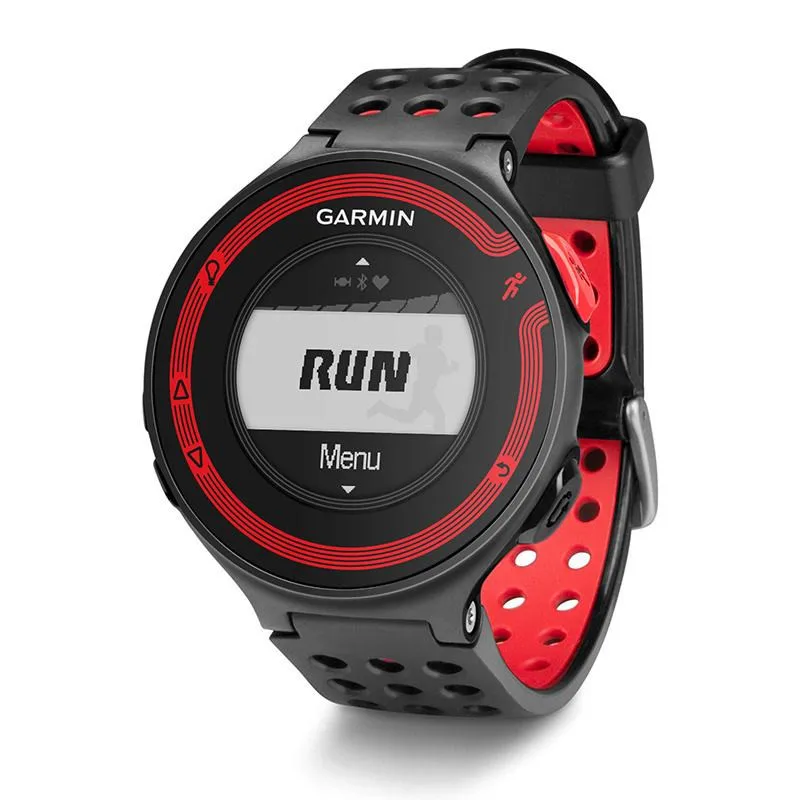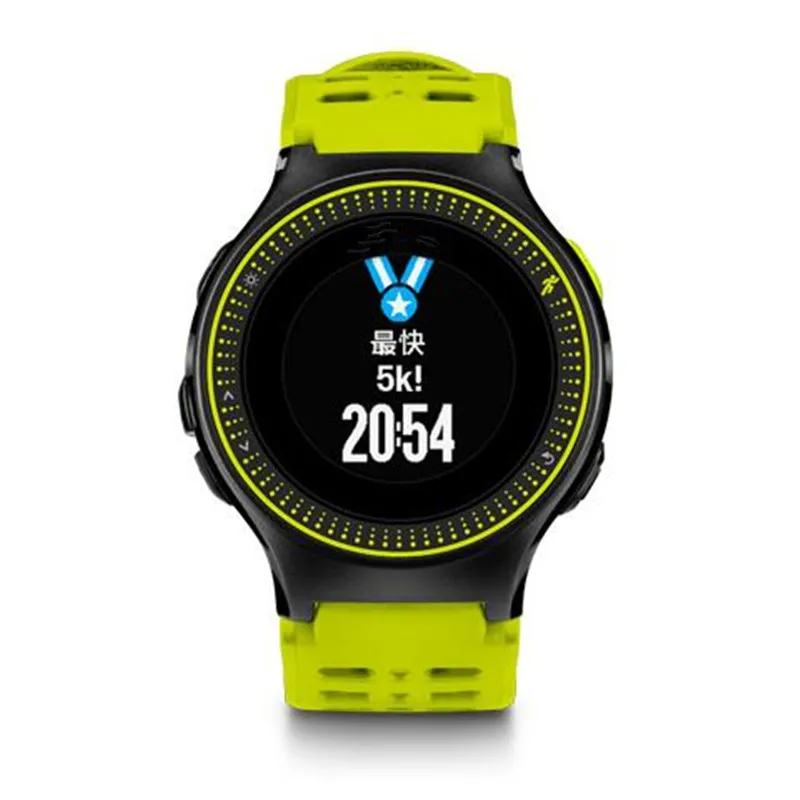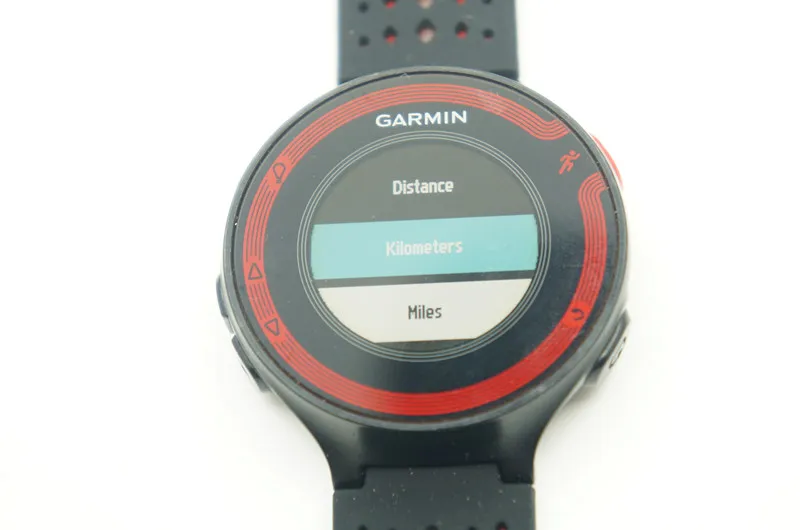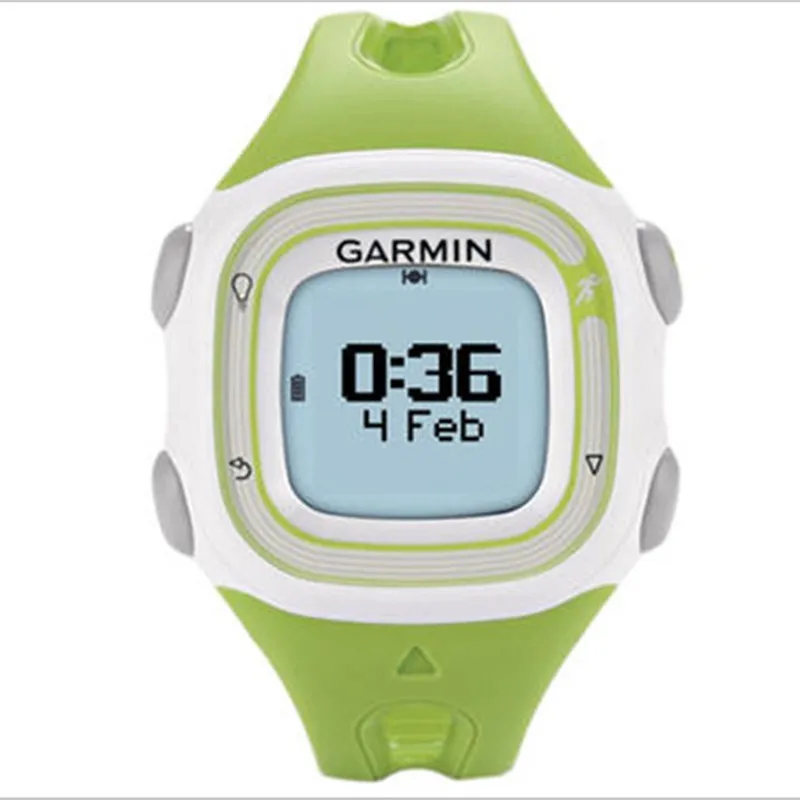How do I run without getting tired too fast?
Tiredness during running can be a result of a combination of physiological, psychological, and environmental factors. Here are some strategies to tackle this issue:
- Pacing: Start with a comfortable pace and gradually increase your speed and distance as you progress.
- Rest intervals: Incorporate short rest intervals into your run, such as walk breaks, to allow your body to recover.
- Proper breathing techniques: Practice diaphragmatic breathing by inhaling deeply through your nose and exhaling slowly through your mouth to optimize oxygen intake.
- Hydration: Stay hydrated by drinking water before, during, and after your run. Dehydration can lead to fatigue.
- Sufficient sleep: Ensure you get enough sleep to allow your body to fully recover and repair itself.
- Warm-up and cool-down: Begin with a dynamic warm-up to prepare your body for the run and end with a cool-down to facilitate muscle recovery.
- Address underlying health issues: If you consistently experience severe fatigue during runs, consult a healthcare professional to rule out any underlying medical conditions.
FAQs:
- How do I breathe properly while running? Inhale deeply through your nose and exhale slowly through your mouth.
- How often should I rest during a run? Incorporate short rest intervals, such as walk breaks, every 5-10 minutes.
- How much water should I drink before a run? 16 ounces of water 2-3 hours prior to the run.
- Is it important to warm up before running? Yes, a dynamic warm-up prepares your body for the activity.
- What do I do if I'm feeling fatigued during a run? Reduce your pace or incorporate walk breaks to allow your body to recover.
Related Hot Sellers:
- Nike Running Shoes
- Garmin GPS Running Watch
- Powerade Sports Drink
- Under Armour HeatGear T-shirt
- Brooks Running Leggings
Pre:What is the latest version of an Android phone
Next:Can a bike really run on water




